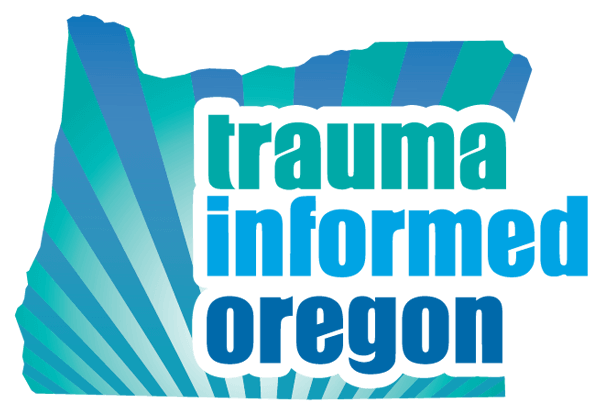Blog
 Gender-Affirming Care is Trauma Informed Care
Gender-Affirming Care is Trauma Informed Care

April 4, 2018
From Jess Guerriero, MSW, MA, and Amy Penkin, LCSW
Rates of exposure to violence and experiences of trauma have been well documented in trans/gender non-conforming (TGNC) communities. Risk for this exposure can be present in all facets of life, including health care environments. In 2015, the National Center for Transgender Equality conducted the US Trans Survey that reached close to 28,000 respondents older than 18 who identified as TGNC across the US. This survey indicated that there is a general mistrust toward health care environments/providers in TGNC communities. Strikingly, 73 percent of survey respondents believed they would be treated differently when accessing health care, whether for routine or transition-related purposes. In fact, one-third of the respondents noted they were likely to avoid preventive/routine care in the interest of avoiding further discrimination and trauma. At the OHSU Transgender Health Program (THP), we endeavor to reduce barriers and increase community members’ satisfaction/trust within our system and beyond. As part of these efforts, we participate in the Partnership Project’s Trauma-informed Care Committee to explore opportunities to reduce and prevent trauma.
Patient-Centered Care
As a team philosophy, our clinicians, social workers, and support staff look for reasons to say, “Yes.” We attempt to understand individual behaviors, communication styles, and care requests through a trauma-informed lens, recognizing that it is highly probably that a TGNC patient has had a negative health care experience. Regardless of whether we know the nature of a person’s traumatic experiences, we aim to reduce systemic and interpersonal barriers by offering accompaniment to visits, support in navigating the health care system, post-operative visitation, and TGNC-specific clinics/spaces. We also advocate for institutional policy improvements such as addressing the need for TGNC folks to access restrooms that align with their identity and expression. If we are aware of someone’s traumatic history, in the medical setting or otherwise, the THP social workers, Jess Guerriero and Amy Penkin, work to effectively contextualize difficulties a community member is having within our system.
Peer Support
The THP also welcomes our patients and other community members to participate in the program. Our volunteers, under the direction of program supervisor Amy, have worked to develop several levels of peer-to-peer engagement. The Oregon Health and Science University (OHSU) Family Medicine Clinic, Richmond in Southeast Portland has a dedicated patient clinic for TGNC people seeking to establish care. Here, in addition to meeting the medical team that includes TGNC representation, patients coming into care have the opportunity to meet with Jess and a volunteer who identifies with TGNC communities. Should patients progress into surgical care, one of the volunteers has worked tirelessly to implement our Here4You peer program that includes a monthly peer-facilitated surgery preparation workshop and customized accompaniment/visitation support plans.
Community Engagement/Outreach
Outside of OHSU, the THP values visibility and engagement in community spaces in order to be accessible to community members, while removing the stress of the health care institution by being present in more neutral locations. Providers, social workers, and volunteers have dedicated a significant amount of time to appear on panels, table at community-led events, and support other organizations in their efforts. Community outreach events offer the opportunity to provide education about care navigation and coverage, increase coordination between organizations providing legal, medical, and social support, and hear directly about needs from TGNC community members and their allies.
Workforce Education
Though THP providers and staff may be aware of the care needs of TGNC individuals seeking medical transition and affirming primary care clinicians, we know that we are only one part of a person’s holistic health. For this reason, we engage in a variety of workforce education efforts throughout our university and health care environments to raise the level of knowledge for current providers, future providers and staff. We have reached close to 4,500 members of the OHSU community in clinical, administrative, leadership, supervisory, and student roles. Our hope and expectation is that one day every TGNC person seeking care here will be affirmed in all of their interactions, from reminder calls to purchasing food at the cafeteria to seeing their clinician.
While each day brings celebrations of successes, there are still plenty of challenges and work to do. We recognize that we have continued steps to take to improve our care and ensure gender-affirming care is trauma informed care at each and every contact. We see and celebrate the vast amounts of creativity and resilience in TGNC communities. We thank Trauma Informed Oregon for giving us the opportunity to highlight our work. For more information, please contact us at 503-494-7970 or transhealth@ohsu.edu.
